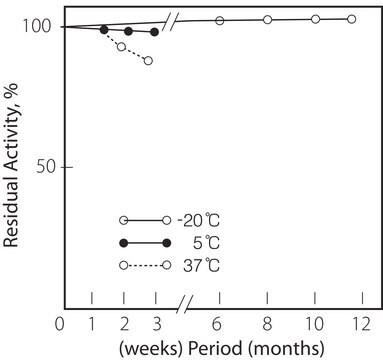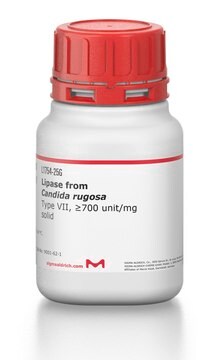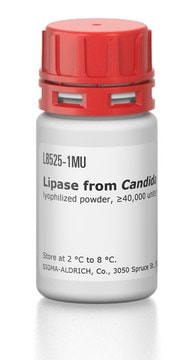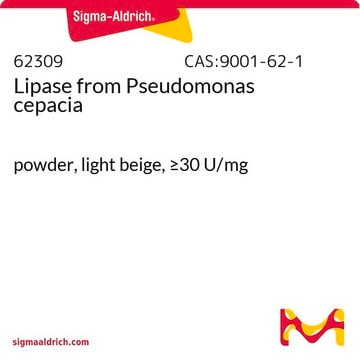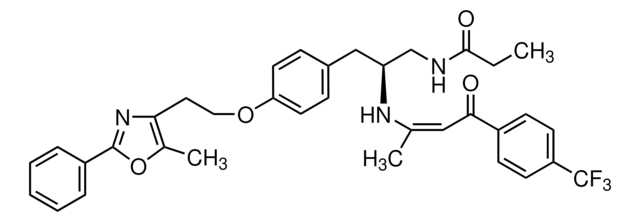P0359
Palmitoylethanolamide
≥98% (HPLC), powder, cannabinoid receptor agonist
Synonym(s):
N-(2-Hydroxyethyl)hexadecanamide, PEA, Palmidrol
About This Item
Recommended Products
product name
Palmitoylethanolamide,
form
powder
Quality Level
storage temp.
−20°C
SMILES string
CCCCCCCCCCCCCCCC(=O)NCCO
InChI
1S/C18H37NO2/c1-2-3-4-5-6-7-8-9-10-11-12-13-14-15-18(21)19-16-17-20/h20H,2-17H2,1H3,(H,19,21)
InChI key
HXYVTAGFYLMHSO-UHFFFAOYSA-N
Gene Information
human ... CNR1(1268) , CNR2(1269)
rat ... Faah(29347)
Application
Biochem/physiol Actions
Linkage
Signal Word
Danger
Hazard Statements
Precautionary Statements
Hazard Classifications
Aquatic Chronic 2 - Eye Dam. 1 - Skin Irrit. 2
Storage Class Code
13 - Non Combustible Solids
WGK
WGK 2
Flash Point(F)
Not applicable
Flash Point(C)
Not applicable
Personal Protective Equipment
Regulatory Listings
Regulatory Listings are mainly provided for chemical products. Only limited information can be provided here for non-chemical products. No entry means none of the components are listed. It is the user’s obligation to ensure the safe and legal use of the product.
JAN Code
P0359-50MG:
P0359-10MG:
P0359-BULK:
P0359-VAR:
Certificates of Analysis (COA)
Search for Certificates of Analysis (COA) by entering the products Lot/Batch Number. Lot and Batch Numbers can be found on a product’s label following the words ‘Lot’ or ‘Batch’.
Already Own This Product?
Find documentation for the products that you have recently purchased in the Document Library.
Customers Also Viewed
Our team of scientists has experience in all areas of research including Life Science, Material Science, Chemical Synthesis, Chromatography, Analytical and many others.
Contact Technical Service